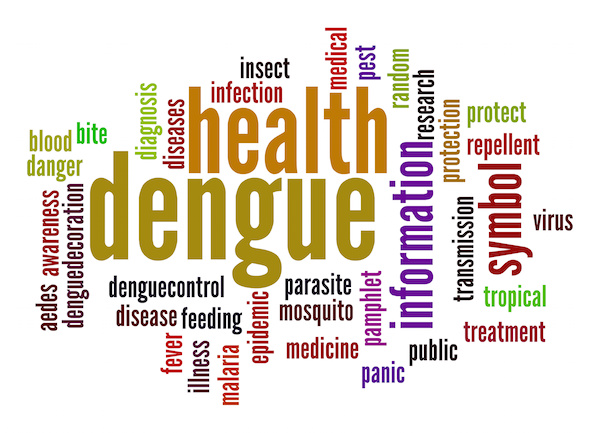
SATURDAY, Jan. 1 (HealthDay News) — In a year packed with health news headlines, the pick for top spot was still easy: the passage last spring of the long-sought health care reform bill.
When President Barack Obama signed the final version of the reform package into law on March 30, advocates pointed out that it would vastly expand the pool of Americans able to get health insurance, while eliminating problems such as denial of coverage for pre-existing medical conditions. Starting this year, young adults also can retain health care coverage via their parents’ plans up until the age of 26, and insurers can no longer place a lifetime dollar limit on essential benefits. Preventive services such as mammograms or colonoscopies are now free.
To many, this sounds like an advance, but critics worry whether the government can — or should — foot the bill for what many see as socialized medicine.
Indeed, a Harris Interactive/HealthDay poll conducted in mid-November found Americans as split as ever on the new package, with 28 percent hoping for repeal, 31 percent wanting to keep the legislation, and 29 percent not sure what should be done.
The reform package withstood a number of court challenges throughout the year, but in December a federal judge in Virginia struck down the provision mandating that nearly all Americans get coverage. And an even larger court challenge — filed on behalf of 20 states — is set to play out in Florida over the coming months.
But beyond the reform hurly-burly, other health news grabbed attention in 2010:
- FDA Gains New Food Safety Oversight. After reacting to a succession of outbreaks of food-borne illness over the past few years, the U.S. Food and Drug Administration got an early Christmas present with President Obama signing the Food Safety Modernization Act into law. The $1.4 billion overhaul — the first since the 1930s — gives the agency new powers to monitor food processing and distribution. The goal: to prevent outbreaks from happening in the first place, advocates say. And that’s good news, coming on the heels of …
- Massive Salmonella-Linked Egg Recall. This August, Americans scrambled away from their omelets after two Iowa farms recalled over half a billion eggs linked to salmonella. By Aug. 25, the CDC estimated that more than 1,300 Americans had fallen ill due to the tainted products, although experts believe the true total may have been much higher. U.S. health inspectors later cited open manure pits, rodents and dead flies at both Iowa farms as potential causes of the contamination.
- H1N1 Flu Fizzles. Remember H1N1 influenza, which World Health Organization chief Dr. Margaret Chan called a threat to “all of humanity” back in 2009? Well, either because health officials and ordinary citizens did what they were supposed to and fended off infections, or because H1N1 simply wasn’t as big a threat as experts had feared, by the spring of 2010 the virus seemed to fade. In fact, a study from the U.S. Centers for Disease Control and Prevention published in September found the 2009-2010 H1N1 flu was no more serious than the seasonal strains that had come before.
- New Hope in Early Detection of Lung Cancer. The nation’s number one cancer killer took a big hit this year, with researchers at the U.S. National Cancer Institute announcing that annual low-dose CT scans appear to cut smokers’ (or former smokers’) odds for death from lung cancer by 20 percent, mainly due to detecting tumors at an early stage. However, experts also noted that CT scans are expensive and false-positive results are relatively common, so more study is needed.
- A Daily Pill Could Keep HIV Infection at Bay. A trial involving highly sexually active gay and bisexual men found that Truvada — a one-a-day combination pill containing two antiretroviral drugs — cut rates of HIV infection by 44 percent overall and by 73 percent for those who took it 90 percent of the time. Dr. Kevin Fenton, an expert in HIV/AIDS at the CDC, called the finding “a major advance in HIV prevention research.”
- FDA Restricts Access to Diabetes Drug Avandia. Responding to a growing drumbeat of concerns over cardiovascular risks to patients, the FDA in September severely restricted access to the controversial diabetes drug Avandia (rosiglitazone). Patients currently taking the drug can continue to do so for now, the agency said, but the FDA is mandating that the drug’s maker, GlaxoSmithKline, develop a program that limits new users to patients who’ve failed all other treatments. Tougher action could follow as more data is examined, the agency added.

